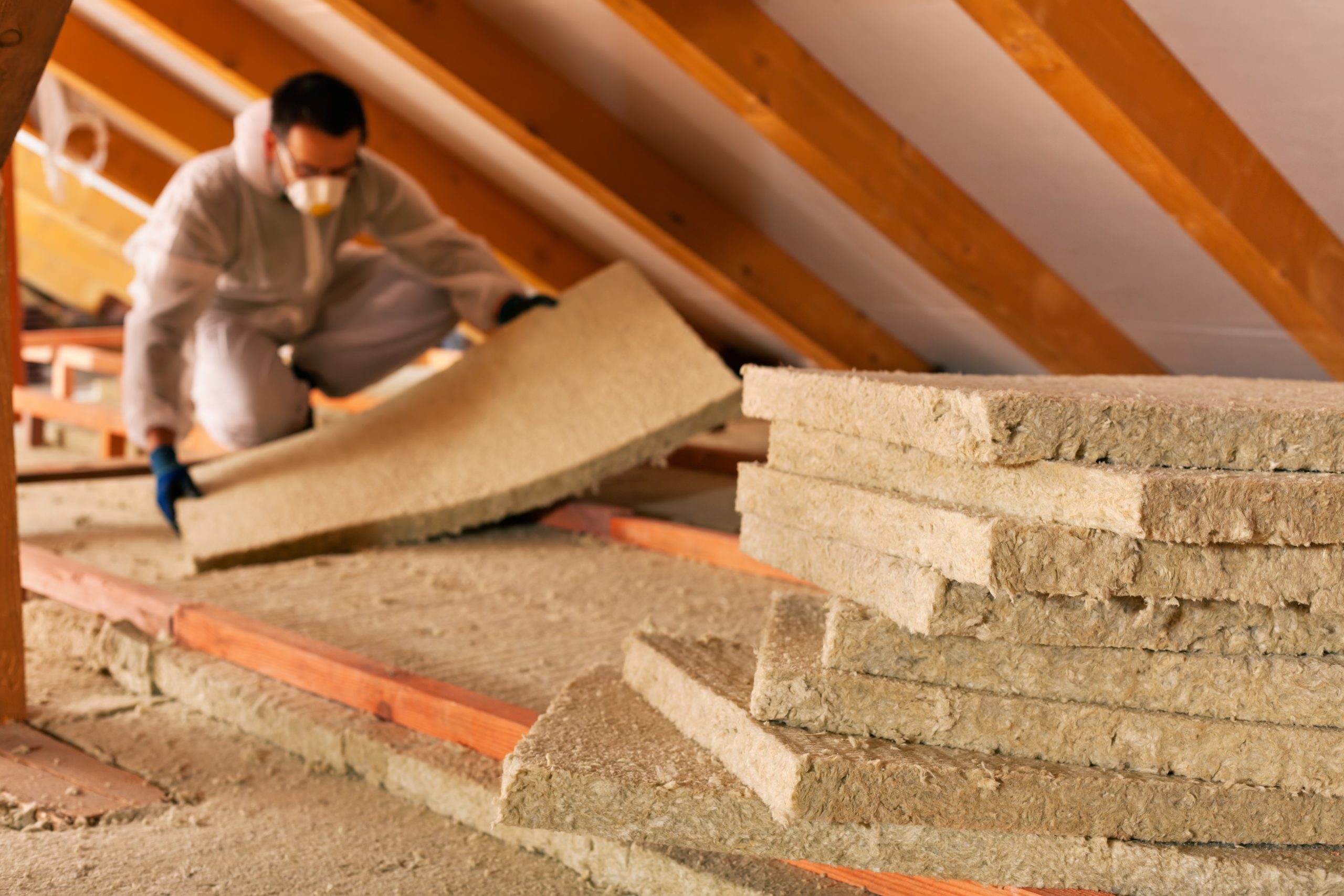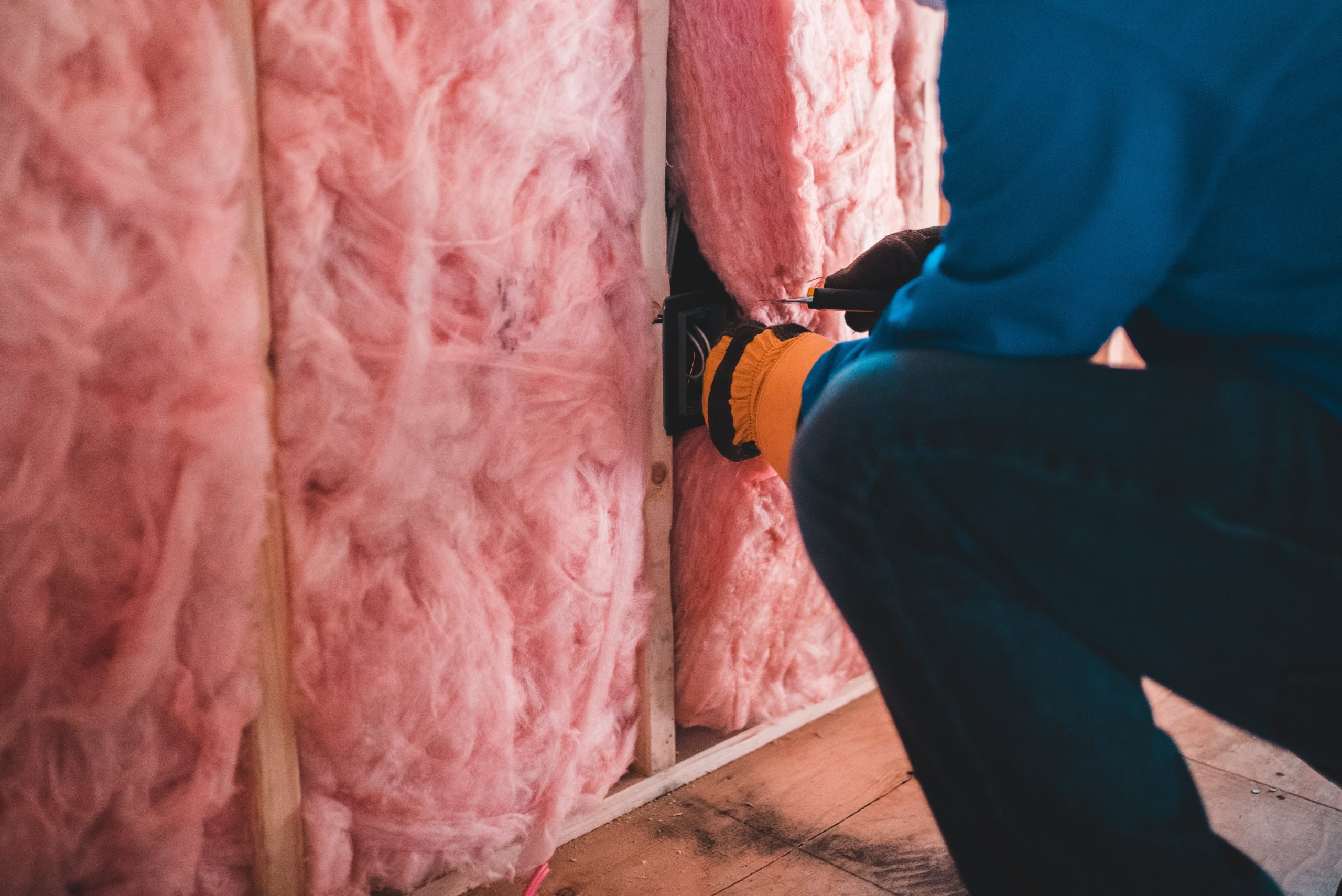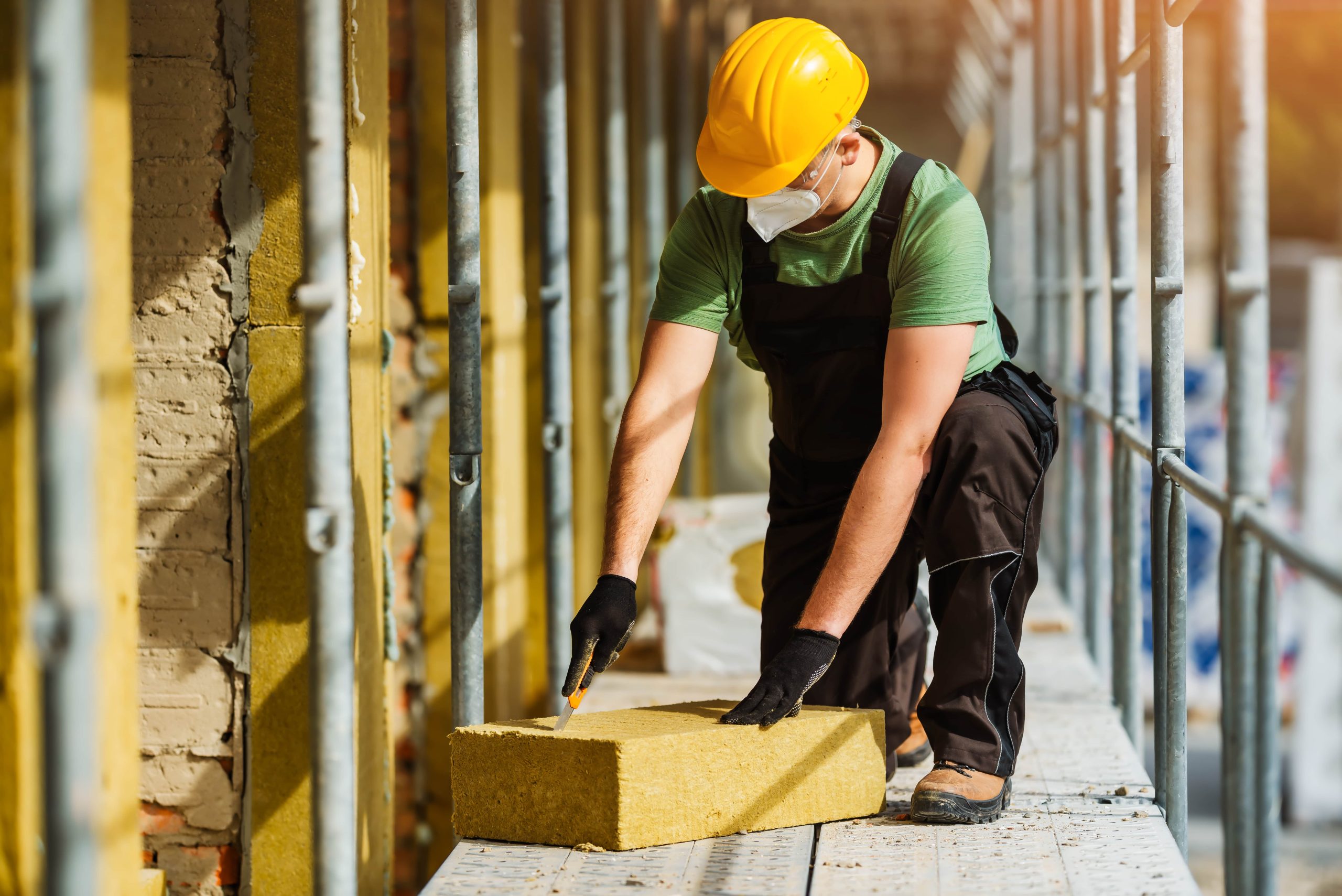University-Led Project to Co-Design Low Carbon Housing

A £4.6 million research project led by the University of Bath and Cardiff University will seek to design energy efficient, low-carbon housing through work with communities in Bristol and Swansea.
The funding from the Arts and Humanities Research Council (AHRC) will unite researchers from across the GW4 Alliance of Bath, Bristol, Cardiff, and Exeter universities as they retrofit existing housing to become ‘Beyond Net Zero’ homes.
Forming part of UK Research and Innovation’s (UKRI) Green Transition Ecosystem, the project will see the universities working with industry, community groups, and local authorities to co-design housing fit for the future.
Project lead Professor Pete Walker of the University of Bath said: “It is not enough to simply implement design solutions, we need to create comfortable liveable homes that are resilient to climate change and will withstand future weather events.
“Our design process will embed community participation at its centre by creating spaces for co-developing knowledge, sharing experiences, and reshaping designs for Beyond Net Zero homes.
“Our innovative solutions will use bio-based and non-extractive materials together with renewable energy supply and storage. We will explore the impact of these materials not only on achieving Net Zero design but also the potential impact on residents’ comfort and wellbeing.”
Professor Jo Patterson of Cardiff University echoed these sentiments, saying: “This project evolved from a GW4 research community, and would not have been possible without the support of the GW4 Alliance. I am excited to be part of a team that will expand on that research, working with colleagues across the alliance and alongside new regional partners to transform existing housing by working with, and for, communities.”
Retrofitting existing housing will be essential in meeting UK climate targets
As well as designing, testing, and implementing innovative prototype bio-based lower carbon solutions, the team will also monitor and evaluate their performance against traditional synthetic materials.
Through their efforts to improve the energy efficiency and resilience of existing housing, the overarching goal will be to create scalable, transferable designs and solutions to retrofit a greater number of houses of various types.
This latest research comes as the UK gears up to meet its net zero targets. Approximately 20% of the nation’s carbon emissions are attributed to the housing sector, making it a key consideration when it comes to decarbonisation efforts.
With an estimation that 80% of the homes that will be occupied in 2050 have already been built, the focus falls upon retrofitting the UK’s existing housing stock to improve energy efficiency, with the UK investing billions to tackle this challenge through measure such as insulation?
The project will also seek to tackle the challenges faced when retrofitting traditional brick-built houses, which account for 1.1 million of homes occupied in the UK today and are generally viewed one of the more challenging styles to retrofit.
Bio-based solutions will be trailed across a small number of such houses in Bristol and Swansea, which were constructed by councils between 1920-1940.
Lord Callanan, Minister for Energy Efficiency and Green Finance, said: “Today’s £4.6 million funds – backed with Government funding – will be a key contribution towards helping cut emissions and making homes more energy efficient.
“By testing different renewable resources to help keep homes warm and save households money on their energy bills, this project will further support our ambition to cut energy demand by 15% by 2030.
“And by working closely with communities, the project will also help ensure that local views and experiences are front and centre in our transition to a cleaner, more secure energy system.”
The project seeks to demonstrate the value of bio-based materials
Bio-based materials, which are derived from renewable sources such as crops, fungus mycelium, cork, and wood, may prove preferable to synthetic and non-renewable materials such as plastics and foam insulation.
Such materials can have negative environmental impacts despite their intended use, in some cases, exceeding the carbon savings from reduced energy use through the embodied carbon emissions of retrofitting measures.
However, bio-based materials have the potential to significantly reduce carbon emissions and environmental impact, while offering energy efficient, healthy, and sustainable improvements to existing homes.
Richard Broad, Associate Director at The Alliance for Sustainable Building Products, a partner on the project, commented on how these bio-based materials could prove a viable solution: “The UK faces an enormous retrofit challenge. The Beyond Net Zero project will further demonstrate the major role bio-based materials have to play in not only rapidly improving the energy efficiency of our existing housing stock but enabling comfortable and healthy homes with low embodied carbon.”
The project will run for 24 months, with research findings communicated through educational and wider community engagement, in partnership with the Future Observatory.
The project team will also develop and deliver training to reduce the design skills gap in retrofitting.

